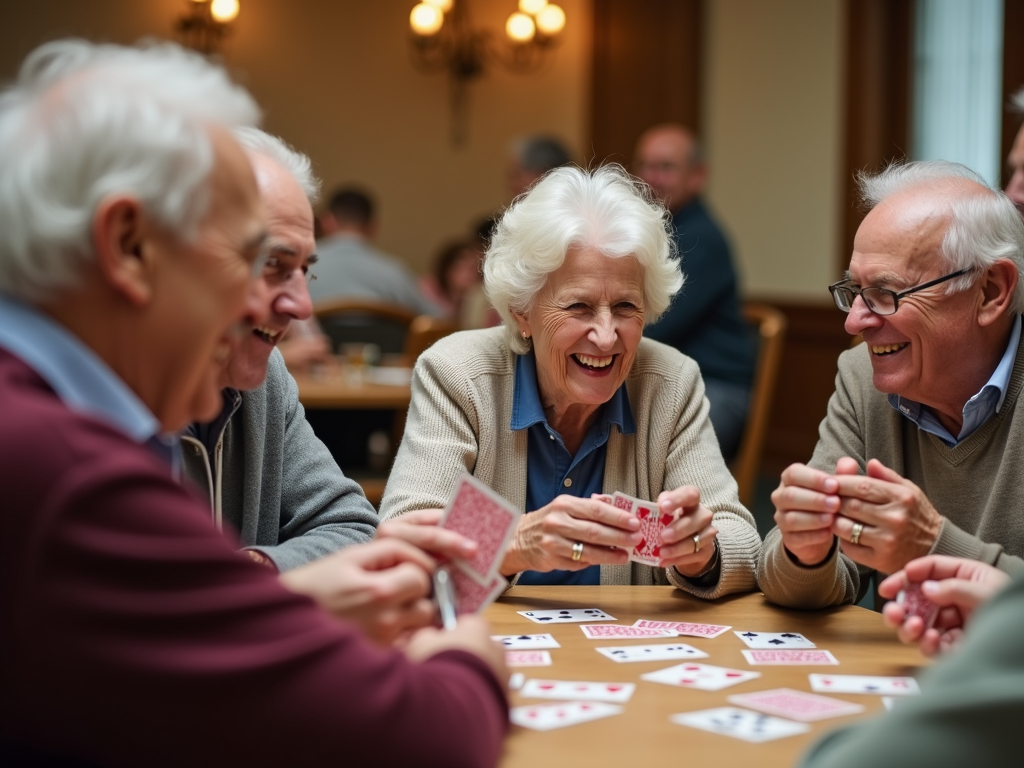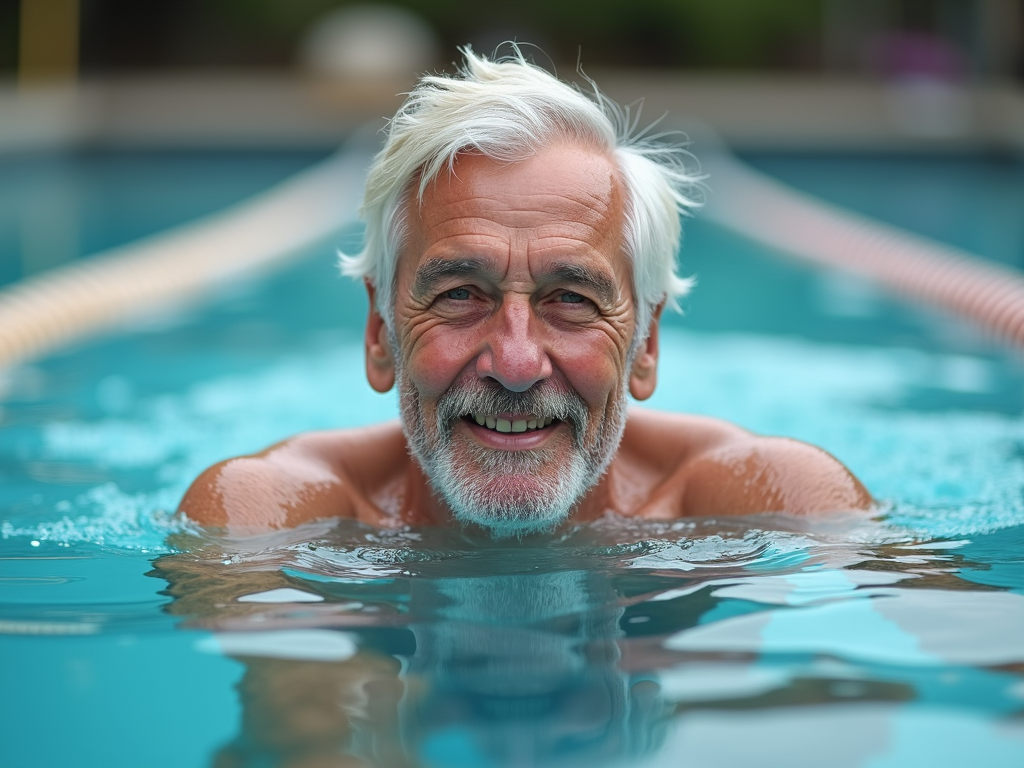Social activities are often seen as a fun way to pass the time, but for seniors, they can be much more than that. Engaging in social activities can have a profound impact on the mental, physical, and cognitive health of older adults. From reducing the risk of depression and anxiety to improving physical fitness and cognitive function, social activities can be a powerful tool for promoting overall well-being in seniors.

One of the most significant benefits of social activities for seniors is the positive impact on mental health. Social isolation and loneliness are common issues among older adults, and they can have serious consequences for mental well-being. Engaging in social activities can help to reduce the risk of depression, anxiety, and other mental health conditions by providing a sense of connection and belonging.
In addition to reducing the risk of mental health issues, social activities can also improve cognitive function in seniors. Studies have shown that engaging in social activities can help to stimulate the brain and improve memory, attention, and problem-solving skills. This is especially important for seniors, as cognitive decline is a common issue associated with aging.

Social activities can also have a positive impact on physical health for seniors. Many social activities, such as dancing, walking, or playing sports, involve physical movement and exercise. This can help to improve cardiovascular health, strengthen muscles and bones, and reduce the risk of chronic diseases such as diabetes and heart disease.
Fitness programs tailored for senior health are an excellent way to promote physical activity and social engagement among older adults. These programs are designed to be low-impact and gentle on the body, making them accessible to seniors with a range of physical abilities. Examples of fitness programs for seniors include yoga, tai chi, and water aerobics.

Wellness programs are another important aspect of promoting overall health and well-being in seniors. These programs often include a range of activities and services, such as nutrition counseling, stress management, and health screenings. By addressing the physical, mental, and emotional needs of seniors, wellness programs can help to improve quality of life and reduce the risk of chronic diseases.
Swimming is an excellent form of exercise for seniors, as it is low-impact and easy on the joints. However, it's important for older adults to take certain precautions when swimming, such as warming up before entering the water and avoiding overexertion. Swimming tips for older adults include starting with short sessions and gradually increasing the duration and intensity of the workout.

Low-impact cardio workouts are an excellent way for seniors to improve cardiovascular health and reduce the risk of chronic diseases. These workouts are designed to be gentle on the body and can be modified to suit individual fitness levels. Examples of low-impact cardio workouts for seniors include walking, cycling, and dancing.
When engaging in low-impact cardio workouts, it's important for seniors to listen to their bodies and avoid overexertion. It's also important to warm up before starting the workout and to cool down afterwards. By incorporating low-impact cardio workouts into their routine, seniors can improve their physical fitness and overall health.

In conclusion, social activities can have a profound impact on the mental, physical, and cognitive health of seniors. By engaging in social activities, seniors can reduce the risk of depression and anxiety, improve cognitive function, and promote physical fitness. Fitness programs tailored for senior health, wellness programs, and low-impact cardio workouts are all excellent ways to promote overall well-being in older adults.
Discuss Here